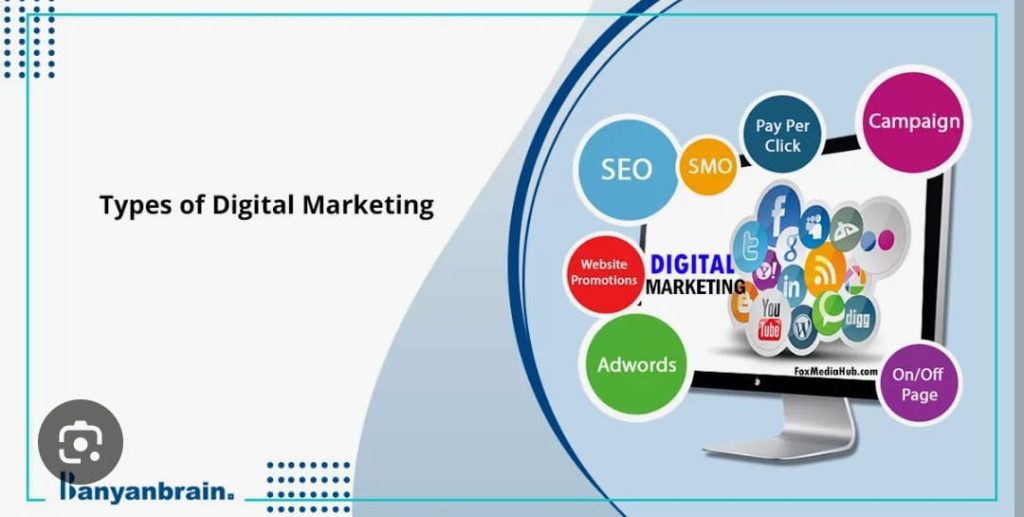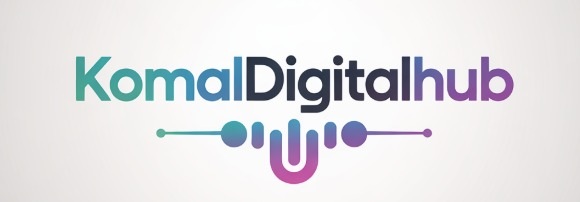Combining AI with Human Expertise
AI will keep handling automation, analytics and even content suggestions. But in my experience, AI misses subtle human nuances. Machines can show trends, but understanding culture, emotion or customer sentiment still needs humans. Agencies that combine AI efficiency with human insight will lead the market
Content That Builds Real Engagement
Audiences skip generic ads instantly. One of my campaigns for a small retail client showed that a short product story video got far more engagement than 5 days of paid ads. By 2026, agencies must focus on content that educates, entertains, or builds trust. Blogs, podcasts, stories, reels—all will matter. Content must feel authentic, not overly polished
Deep Data Analysis
Clicks and impressions are no longer enough. I’ve seen campaigns where analyzing why a user abandons a cart completely changed our strategy. Agencies will need to track browsing habits, product hesitations, ignored messages, and turn these insights into actionable strategies

Balancing Local Presence and Global Reach
Even smaller businesses want to reach beyond their own region. I once helped a bakery target NRI customers through simple campaigns. Agencies will need to balance local relevance with global appeal Messaging should adapt to both audiences without losing brand consistency
Transparency and Measurable Results
Hidden fees and vague reports don’t work anymore. I’ve seen clients lose trust fast when results weren’t clear. By 2026, agencies will need to provide transparent pricing and measurable outcomes. Honest communication combined with real results will build long-term trust
Conclusion
The future of digital marketing agencies will be shaped by technology but driven by human insight and creativity. AI can speed up tasks, but understanding people and delivering meaningful content will always be central. Agencies that adapt, remain transparent, and mix tech with human judgment will thrive in 2026 and beyond Others may struggle to stay relevant


